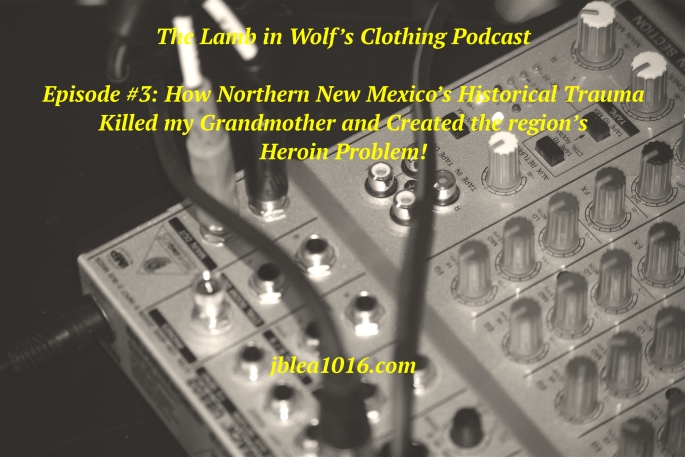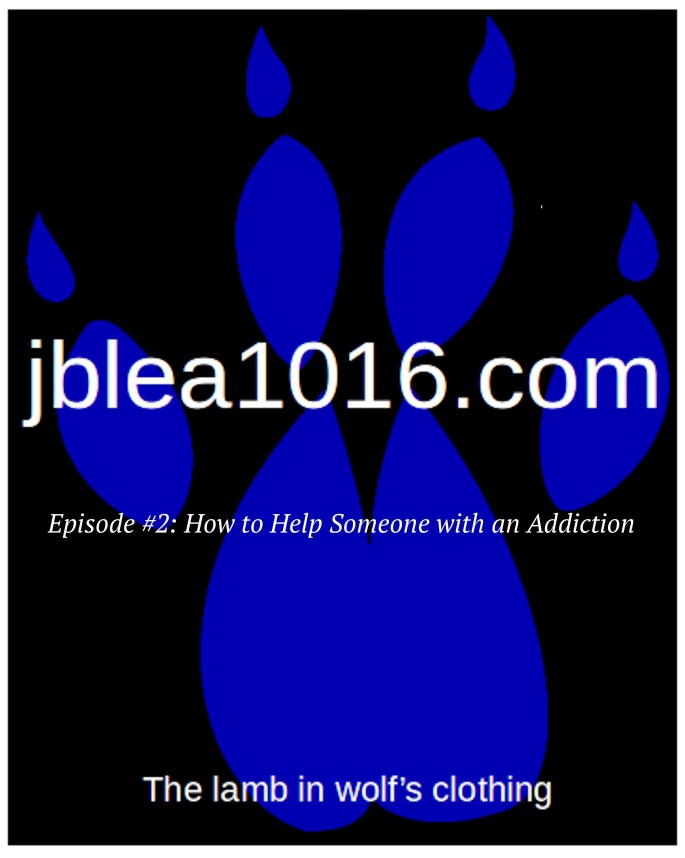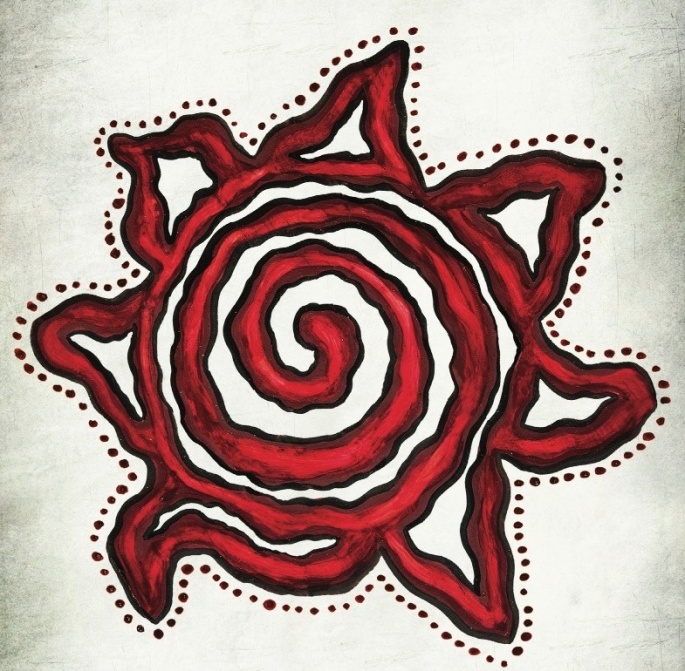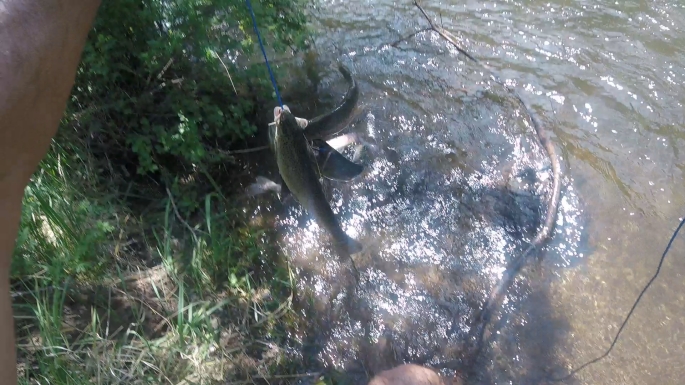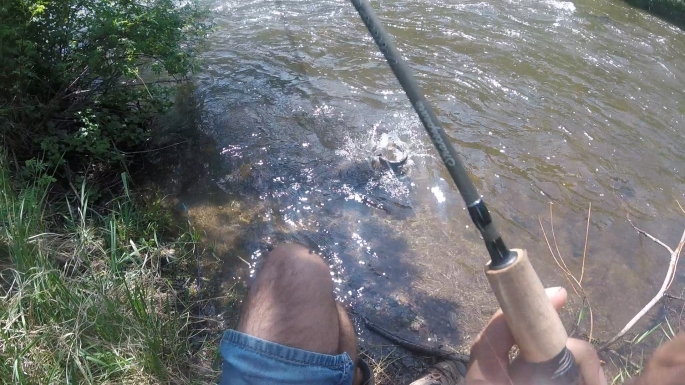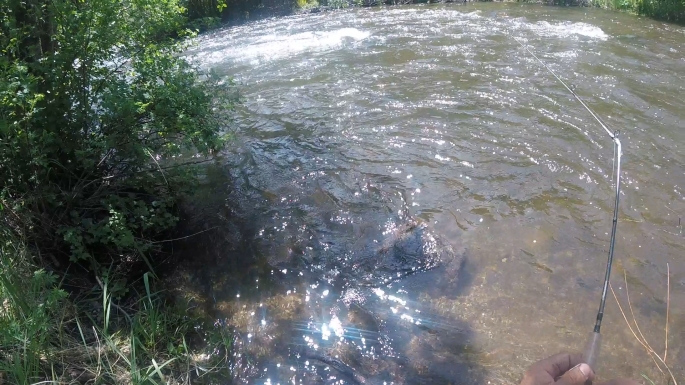Welcome to the Lamb in wolf’s clothing podcast. My name is Juan Blea; I’m a writer and addiction counselor from Santa Fe, NM. In this episode I will be discussing how the treaty of Guadalupe Hidalgo killed my great-great grandma and created the conditions from which Northern NM’s heroin problem emerged and what we can do about this historical wrecking machine.
Guadalupe Hidalgo isn’t a person, it’s actually the place in Mexico where the US’s war with Mexico ended with the signing of peace treaty named after that location. Now, while this treaty ended the war, it did so by giving Tx, NM, AZ, and California to the US and allowed the United States to colonize that entire area. But, it wasn’t simply a matter of land, it was also a matter of the people living there who almost overnight, went from being Mexican citizens to territorial assets of the US. For the life of me, I can’t imagine what that was like; however, when I was in grad school, I took a Psychology of the Family class through which I learned about genograms, which are basically a family tree that shows any dysfunction the family members faced. What I saw within my own family was a pattern of depression and alcoholism that reached back for generations.
One of my ancestors really struck me though, and to this day, I still search for the truth about how and why she died, but without much luck. Family legend has it that she hung herself; however, the few documents that I have been able to unearth seem to indicate that my great-great grandfather may have killed her. He spent time, in the months before she died within the state mental hospital for what their records indicate was “exhaustion.” It appears that exhaustion was a precursor to what we know as PTSD and I suspect, strongly, that he had something to do with my great-great grandmother’s death. But in studying her death and the circumstances surrounding her death, I see that the treaty of Guadalupe hidalgo was more to blame than my grandfather because, my grandparents, like many other people in Northern New Mexico lost their land to a US initiated lawsuit and had to move and learn to function in a system that used English, while they all spoke Spanish…
Fast forwarding from those days of early statehood when hundreds of people lost their land to lawsuits and their language to a new system of government and what we’re left with is a whole group of people who had to develop a whole new identity in order to assimilate within the US cultural experience. While many families were able to become Americanized, many were not. Those that could not, seemingly live as though they were in fact traumatized, even though they haven’t really experienced any trauma directly. What’s more, almost every person I’ve worked with who’s addicted to heroin can meet criteria for either PTSD or Generalized Anxiety disorder, or both. And so, from my research into my grandmother’s death and my current work with people addicted to heroin, I am convinced that social and genetic programming in this region has created a community containing “embedded” traumas. This community seeks relief from this embedded trauma through an unconscious drive towards unhealthy behaviors, including heroin abuse. Also, this social and genetic programming has led to generational poverty, which contributes to the region’s struggle with opiate addiction.
And so, I believe with all that I am that the Treaty of Guadalupe Hidalgo with all its consequential losses of land, language, culture and identity have allowed the perfect storm to emerge:

In her book, Chiva: A Village Takes on the Global Heroin Epidemic, Chellis Glendinning describes the path heroin took to get to Espanola and so I’ll leave it my listeners to read that book, but the reality is that the Perfect Storm exists in Northern New Mexico and has led to a real problem with Opiate Addiction and we need to first wake up to this reality and then we all need to come together within our greater community to disrupt this perfect storm.
How?
I tend to look through the lens of empowerment to find answers and one concept that I teach over and over again comes from attribution theory and is called locus of control. Simply put, locus of control describes the way a person approaches life. According to attribution theory, people believe either that they make things happen and rely on their own actions (in which case they are internally locused), or they believe that things happen to them and rely on luck or some other external mechanism to get things done (and they are said to be externally locused). Because people lost so much to the treaty of Guadalupe hidalgo, I believe that whole communities became externally locused and passed on limiting beliefs to subsequent generations. Basically, people came to believe that there isn’t anything they can do to affect their lives, as they were just living their lives and lost everything. What’s worse is they developed GAD and/or PTSD and then passed those genes on. And so those limiting beliefs were passed on socially and became genetically entrenched..
So then, the short answer is that we must collectively build a sense of individual capability in our children, students, patients, or clients. It takes time, but there is hope.
Addiction treatment requires an addict to become aware of the situation in which he finds himself. In order to develop that awareness, we should not oppose the symptomatic behaviors within the addiction, but we should in fact seek to understand those behaviors. I recommend a program that includes reflective journaling in order to provide a mechanism through which a person can see his or her situation in his or her own terms and understanding. To do so, a person must name the situation; reflect upon its meaning, and then act to change the situation.
For example, when it comes to addiction, I propose that the addict: (1), first name the limiting situation or thought, then (2) he or she needs to reflect deeply upon its meaning and come up with a plan to eliminate the limiting thought and/or situation; and then (3), the addict must execute the plan step by step. Treatment providers through various modalities can obviously guide this process, but it’s a matter of developing the belief in personal capability. The battle against heroin may seem to be an external war, but in order to win, it has to be fought internally.
Admittedly, it takes time to build that sense of capability — and as an aside, art/music/creative writing are all great avenues of building that sense of capability – but when an entire region has lost its sense of place, then we all must act to rebuild that identity. I’ll continue to research and share ways and means of rebuilding and creating a healthy identity for my community. The Treaty of Guadalupe Hidalgo and its subsequent and generational psychological occupation of this area will be eliminated some day.
That concludes this episode and I hope you found it valuable. Please do share your thoughts through my blog, jblea1016.com or you can email me at jblea1016@hotmail.com and please don’t forget to check out my award-winning book, 49 Tips and Insights for Understanding Addiction.

